Lately, I have been trying to add more modern authors to my mix of books. I spotted The Girl Most Likely (2003) on a weekend visit to the library. I knew nothing of the book or its author, Rebecca Sparrow. It was the Fruit Loops on the spine that caught my eye, and I decided to check the book out. Luckily, this spontaneous decision led me to read a charming novel.
In The Girl Most Likely, Rachel Hill returns to her childhood home in Brisbane at the age of 27. She’s soon to be divorced, but has only confessed her mistake of a marriage to her friend Zoe. Her parents and sister are still in the dark, and her divorce papers are left sitting in the fridge with a jar of Miracle Whip.
Facing her quarter-life crisis, Rachel reflects upon all the things she excelled at when she was 17 and on where she thought she’d be by 28. She wonders what her younger self would think of how she’s ended up. She finds a list of things she wanted to do by age 28. The list includes learning a movie theme song, which she begins to practice incessantly.
Slowly, Rebecca begins moving in wider circles outside of her mother and father’s yard. By reassessing her idea of happiness, she begins to accept herself again.
Check out Rebecca Sparrow's website. After writing three fictional novels, she’s focused on writing non-fiction for tween and teenage girls to help them have better experiences in high school. She’s a lovely person. I sent her a thank you message after reading her book, and she sent me the sweetest response.
Purchase and read books by Rebecca Sparrow:

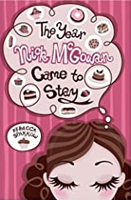


© penciledpage.com



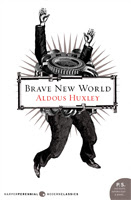

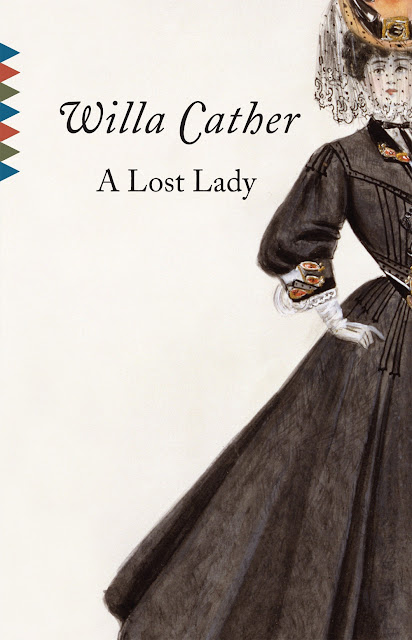
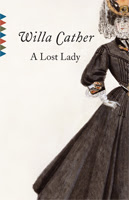


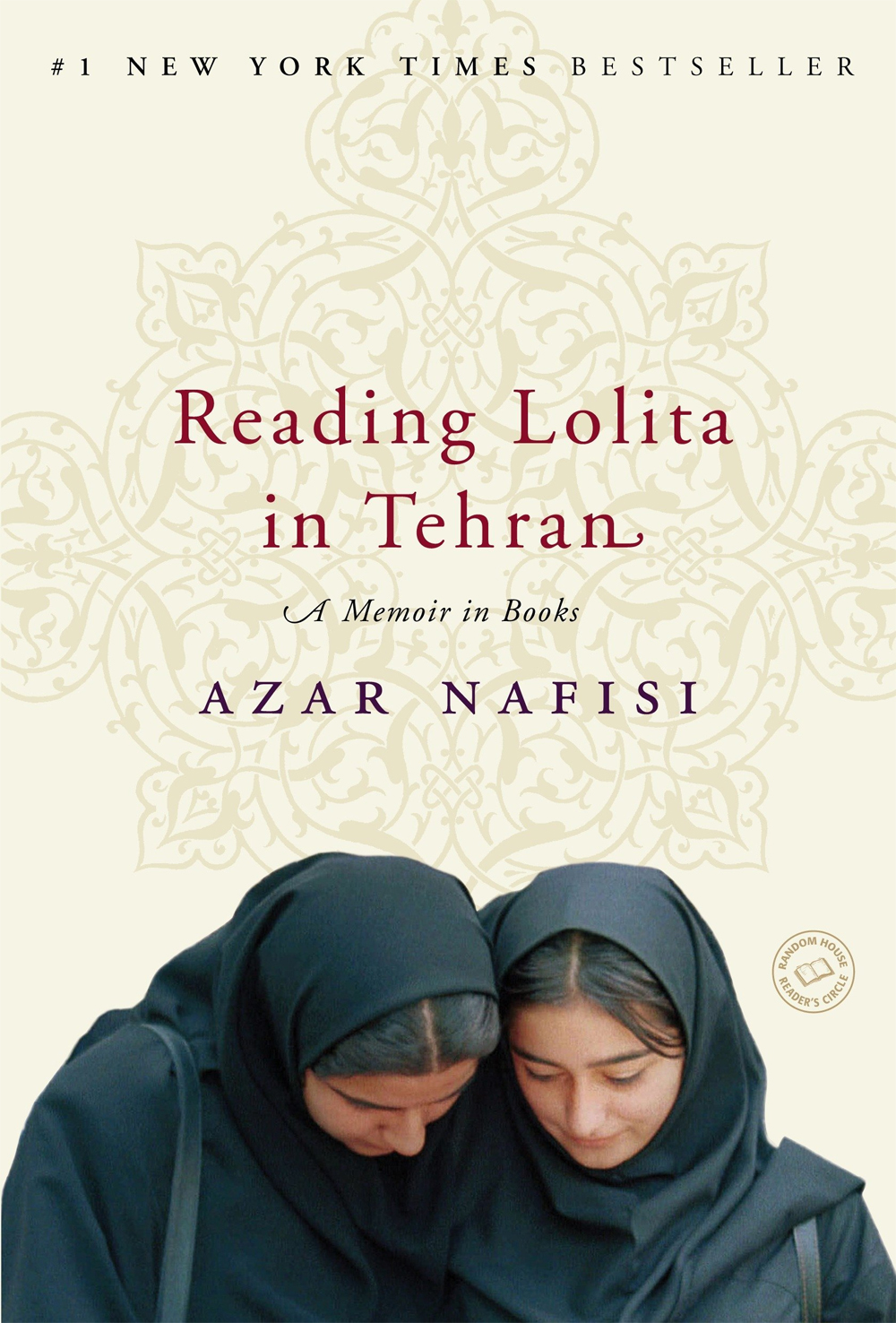

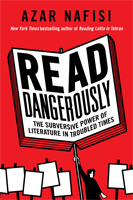
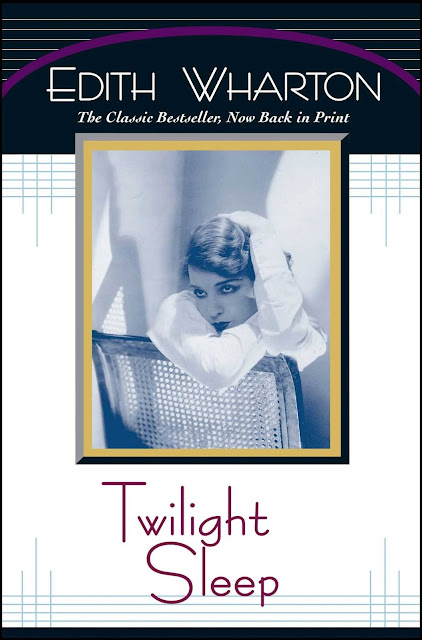






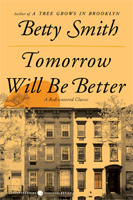

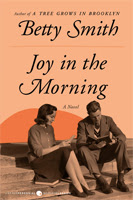
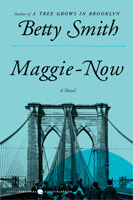




Search This Website